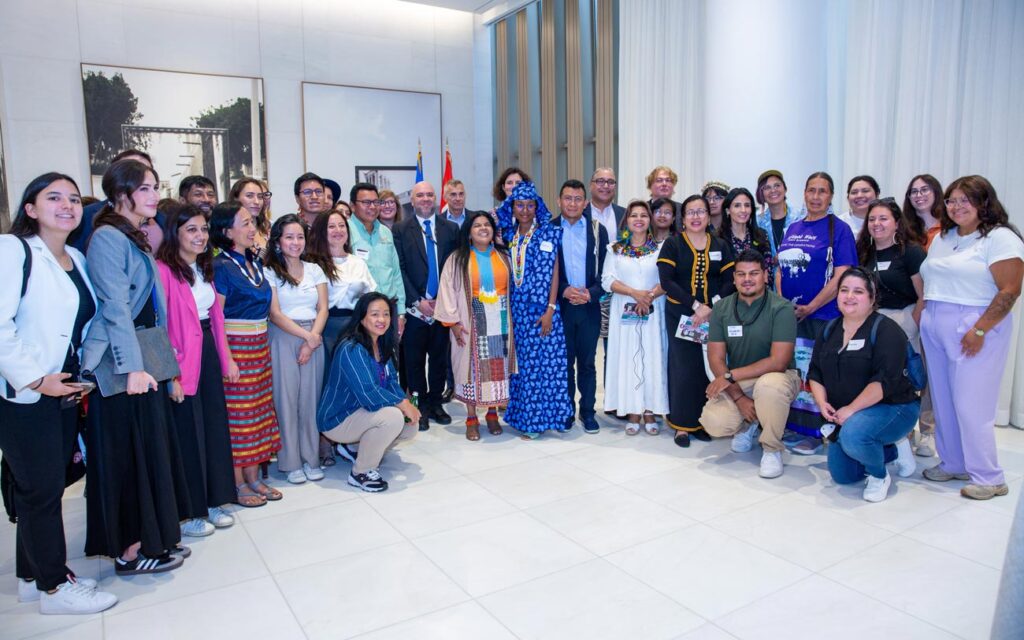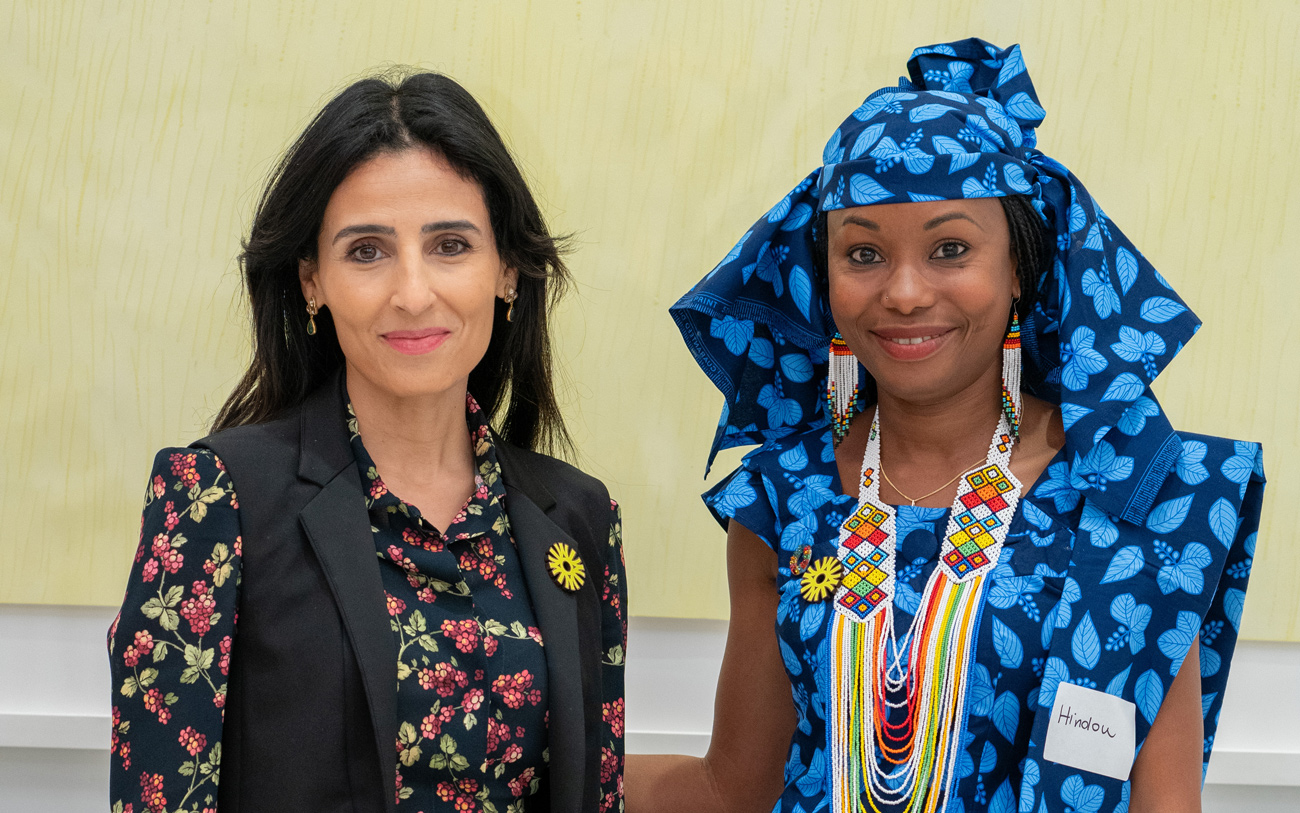English Español Français العربية
Razan Al Mubarak, UN Climate Change High-Level Champion for COP28, announced plans to ensure indigenous communities have their voices heard at the crucial climate talks, underlining the importance of inclusion for the Conference which will take place later this year in the United Arab Emirates.
Ms. Al Mubarak, who is also President of the International Union for Conservation of Nature (IUCN), stood alongside Hindou Oumarou Ibrahim, co-chair of the International Indigenous Peoples Forum on Climate Change, to talk about the importance of greater inclusion, where she said:
“One recurring theme in the discussions has been the need for greater inclusion of indigenous people in the negotiations process. This is far more than a moral imperative. We simply won’t be able to solve the climate crisis without authentically incorporating the leadership of Indigenous Peoples and other traditionally underrepresented groups such as women and youth.”
Key measures for COP28 will include financial support to allow elders to attend the global summit and subsidized accommodation for 150 delegates and translation services, as well as a funded report centered on direct access to finance for Indigenous People undertaking climate action.

Ms. Oumarou Ibrahim, who is also coordinator of the Association of Indigenous Women and Peoples of Chad, added:
“These initiatives represent progress towards the inclusion and recognition of the rights and knowledge of indigenous communities, especially for COP28. Indigenous peoples can bring concrete solutions for climate adaptation and mitigation, and their voice needs to be heard. I hope that COP28 will lead to concrete results for climate action and support to those who are on the front line of climate change.”
Indigenous people are the first to bear the brunt of climate change and their long-recognized practices play a crucial role in addressing the climate and biodiversity challenges. However, their valuable perspectives remain underrepresented in multilateral climate processes, and they receive a very small share of the international funding for climate action.
